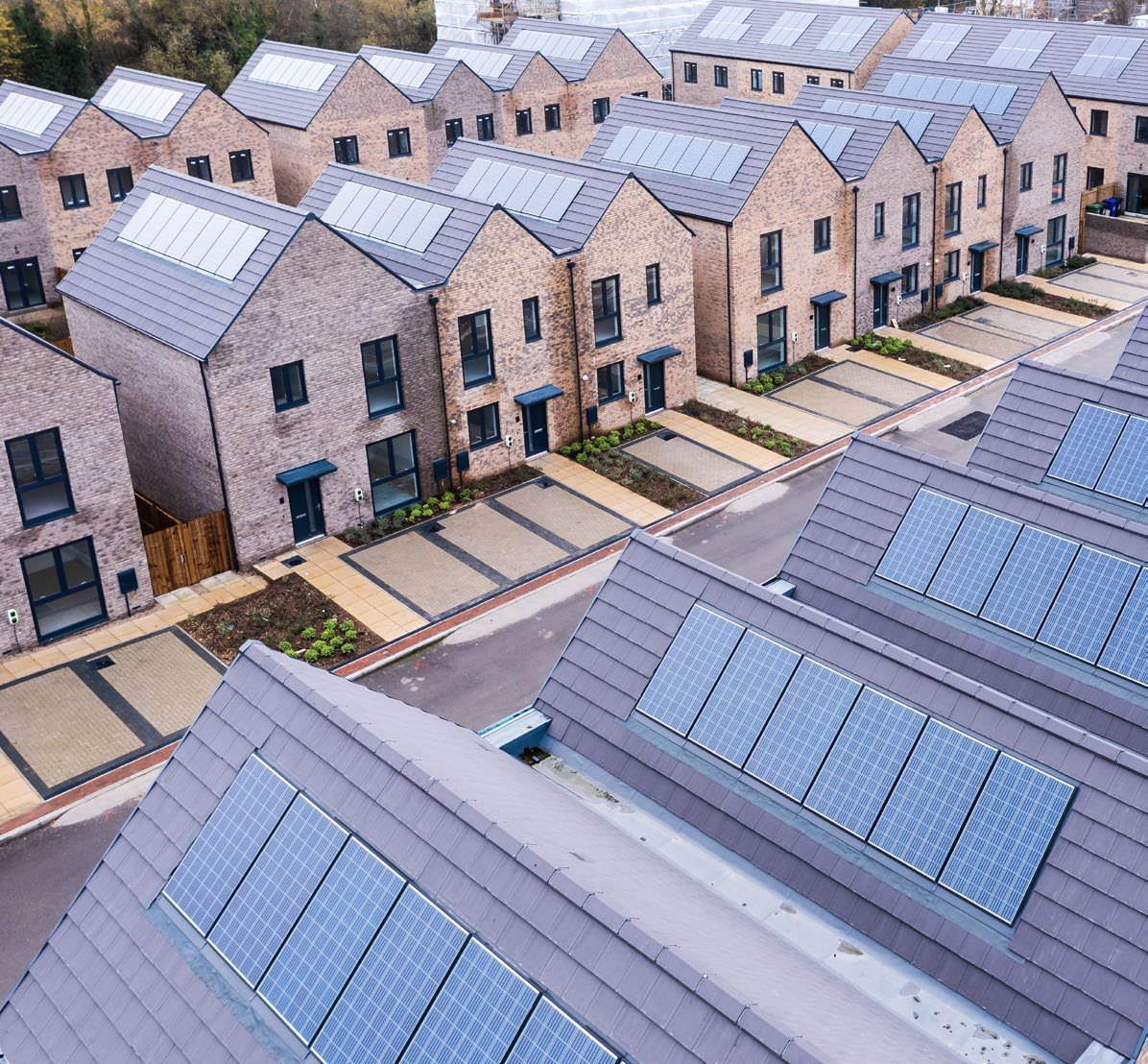
Housing
09.11.2023
A report by WPI projects that private housebuilding is set to collapse to levels not seen since the financial crisis.
An ex-government economists forecasts that ‘housing starts’ will fall from 221,000 to 134,000 next year, and that private sector output will halve from 144,000 to just over 70,000 in 2024.
The former Secretary of State for Housing, Simon Clarke MP, has urged the government to go further in building more homes especially for younger generations: “This analysis shows that we risk falling behind in delivering the housing Britain needs. Conservatives believe in empowering people to get on in life, so we need to go further in building more houses so that aspiring homeowners can get on the property ladder.”
The analysis by former government economist, Chris Walker, for WPI Strategy indicates that the government is unlikely to meet the 300,000 homes a year target set out in the Conservative’s 2019 party manifesto. A copy of the report is available here.
Key findings from the research include:
New homes slashed: overall housebuilding, according to the official “housing starts” measure across all tenures, will fall from 221,000 at the last official count in 2022 to 134,000 forecast for 2024. A drop of 87,000 over just two years.
Private sector in collapse: housebuilding by the private sector (as opposed to e.g., local authorities) will see housing starts fall from 144,000 when last recorded in 2022 to just 70,400 in 2024: this will be the lowest level since the financial crash (65,000 in 2009).
Missed manifesto pledges: Across all tenures, both private and public sector new build will fall from 249,100 in 2022 to 151,000 in 2024 – meaning that by the next election expected in 2024, barely half the government’s target of 300,000 homes a year will be being delivered.
Recovery stalled: A new forecast to 2030 used existing predictions of the impact of recent changes to the National Planning Policy Framework (which removed targets for local housebuilding), plus new analysis of recent ‘cladding taxes’ to fund the replacement of unsafe cladding, including that installed by overseas or dissolved firms. This shows that by 2030, 84,400 fewer homes will be being built as a direct result of those policies each year.
Previous research for WPI by Deltapoll, found that a majority (57%) of the public support “significantly increasing new houses built every year” compared with just 25% who disagree. In the so called ‘Red Wall’ sets gained by the Conservatives in 2019, 67% of voters supported more housebuilding compared to 19%. The same poll also found that twice as many voters felt Labour (46%) were better placed to tackle housing undersupply than the Conservatives (24%).
